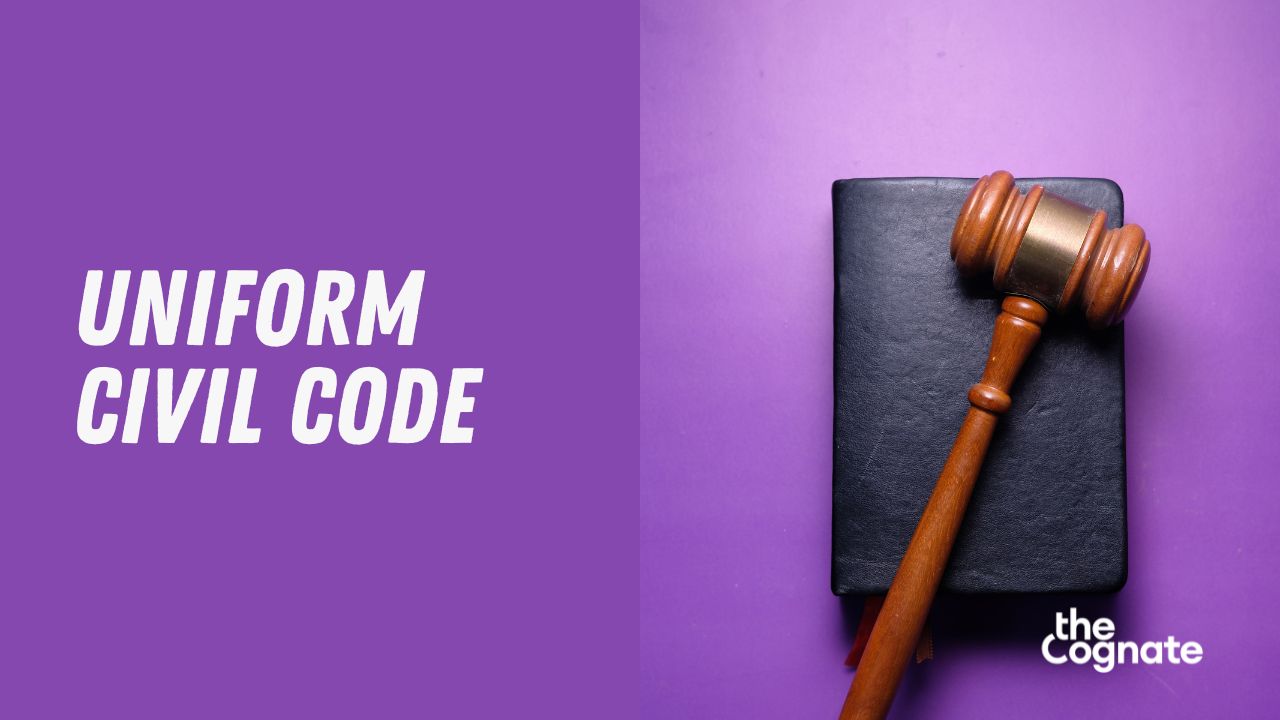The All India Muslim Personal Law Board (AIMPLB) has unequivocally conveyed its opposition to any alterations in the fundamental tenets of Sharia law to the Law Commission of India.
The AIMPLB emphasized that even the slightest deviation from the core principles of Sharia, which is derived from the Quran and Sunna (the Prophet’s words and actions), would be unacceptable. The board’s stance is firmly grounded in the Indian Constitution’s protection of freedom of religion as a fundamental right.
A delegation from the AIMPLB, led by its President Moulana Khalid Saifullah Rahmani, met with the Chairman of the Law Commission, Justice Ritu Raj Awasthi, to articulate its position on the Uniform Civil Code (UCC). The AIMPLB, which is dedicated to safeguarding Muslim personal laws, raised questions about why only Muslims had not been granted exemptions from the UCC when the government was considering exclusions for tribals and Christians in Northeastern states.
The AIMPLB proposed that individuals who find fault with religious personal law have the option to formalize their marriages under the Special Marriage Registration Act, a secular law. Presently, Muslim law does not specify a particular age for marriage, allowing individuals to marry if both parties are deemed capable of fulfilling marital obligations. However, concerns linger about whether such marriages would be affected by provisions within the Child Marriage Restraint Act and the Protection of Children Against Sexual Offences Act, as these matters await consideration by the Supreme Court.
In a statement released by AIMPL, the Chairman of the Law Commission assured that the commission’s role was limited to making suggestions, and it would not propose any substantial changes that might alter the fundamental features of Sharia Law. The final decision would rest with the government.
The debate over the Uniform Civil Code has been a contentious issue in India, with various segments of society expressing differing opinions. The AIMPLB’s firm stance underscores the complexities surrounding this topic, which intersects issues of personal beliefs, constitutional rights, and legal reforms.
Prime Minister Narendra Modi recently advocated for the Uniform Civil Code during an address to BJP workers in Bhopal. The government’s position on this matter is expected to remain a subject of ongoing discussion and deliberation.
(IANS Inputs)











































